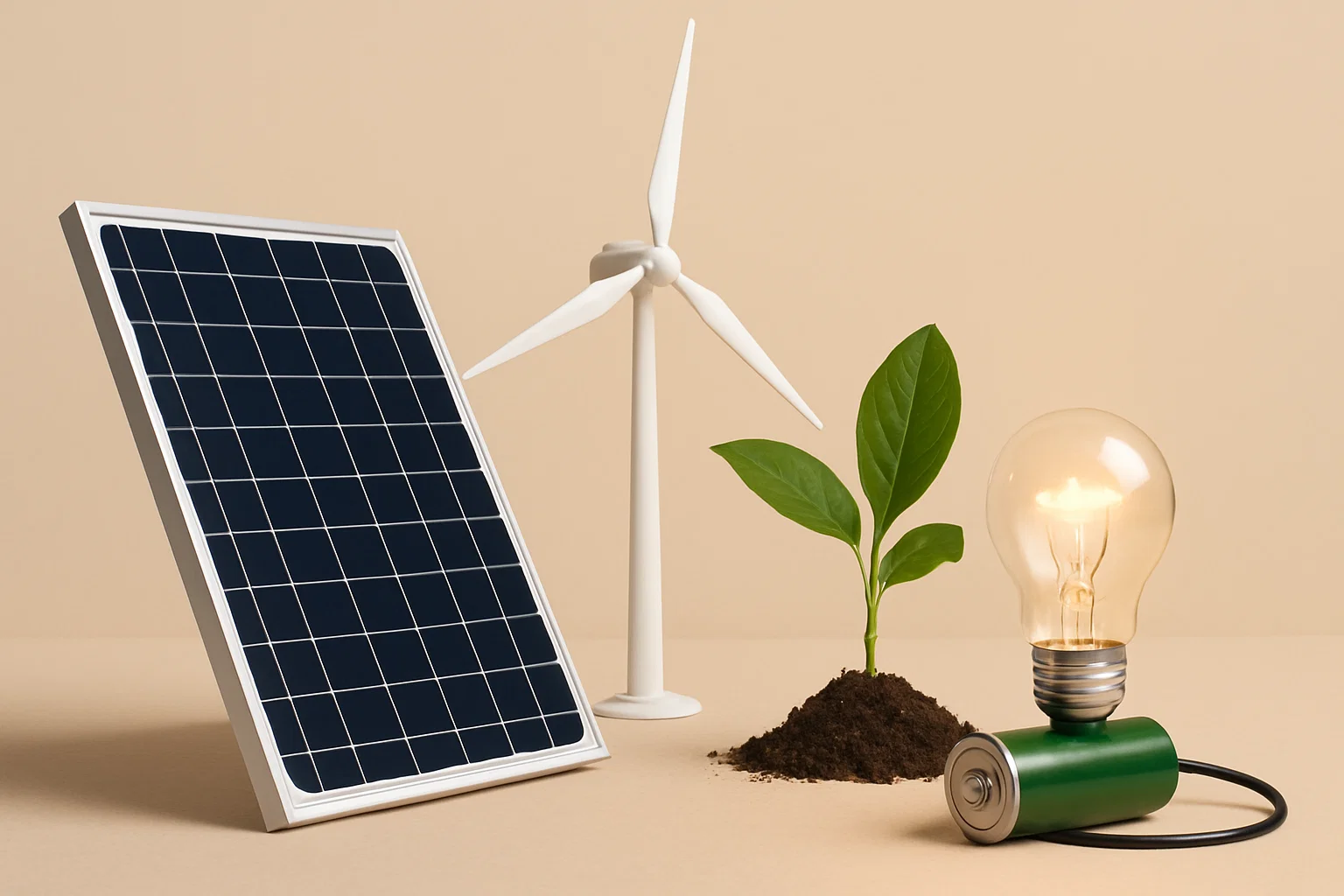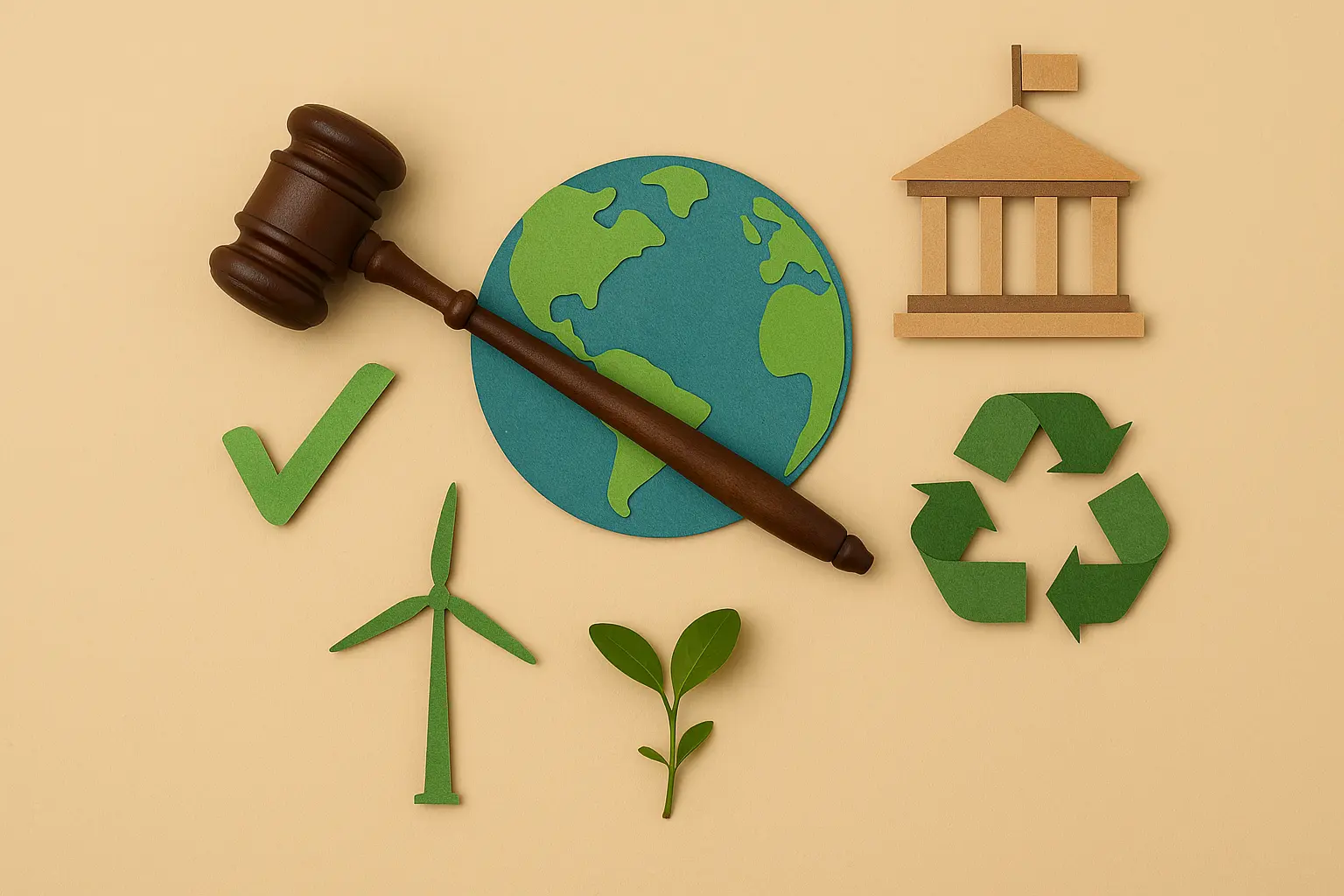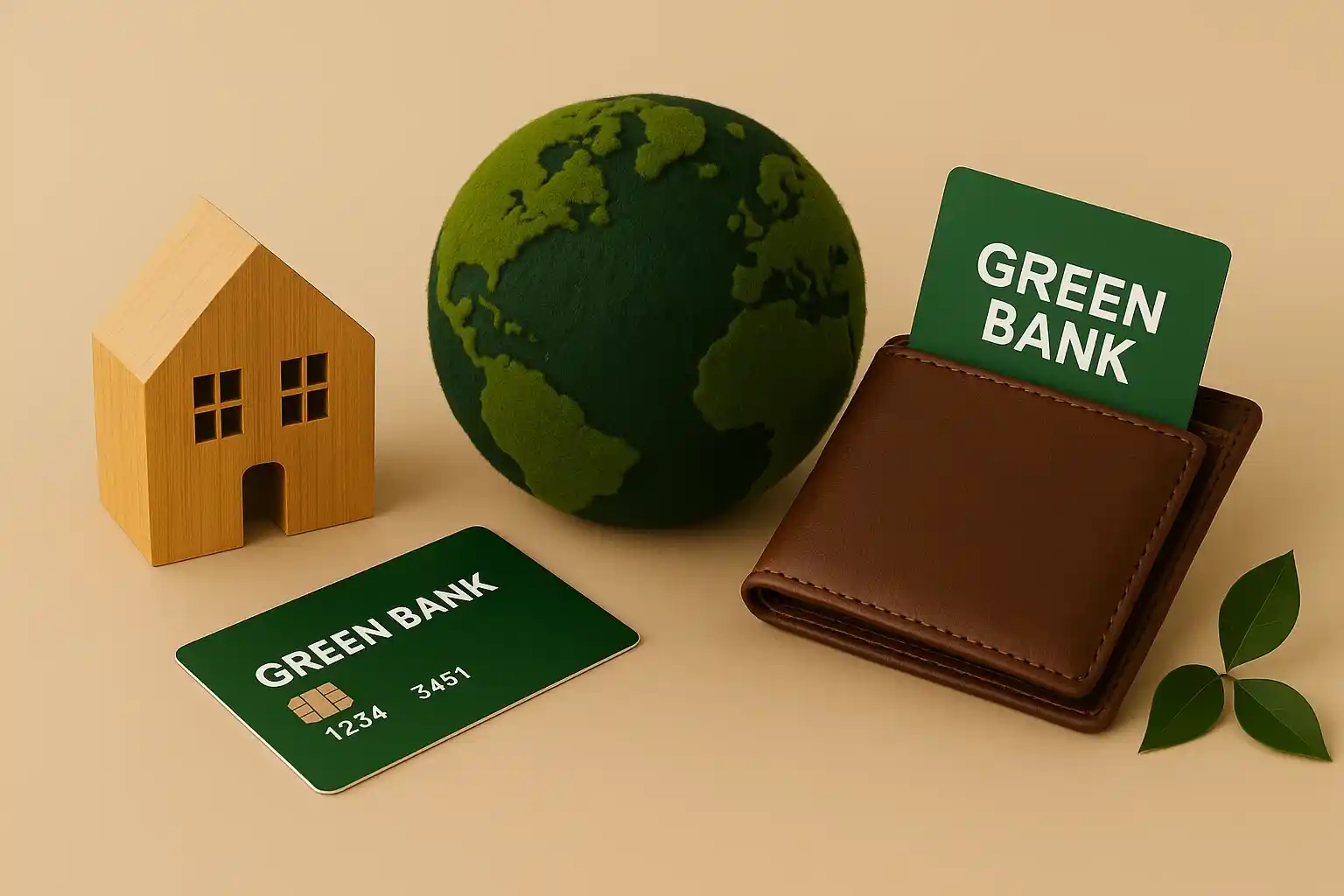Powering Change: Choosing Clean Energy Alternatives to Conventional Sources

The way we generate and consume energy is undeniably one of the most significant factors contributing to the escalating climate crisis. Conventional energy sources, primarily coal and other fossil fuels, release vast amounts of greenhouse gases into the atmosphere, driving global warming and its associated environmental consequences. Recognizing the urgency of this challenge, a global movement is underway to transition towards cleaner and more sustainable energy systems. Individuals and communities play a crucial role in accelerating this transition by making conscious choices about their energy providers and exploring renewable energy alternatives for their homes.
The environmental impact of conventional energy sources is profound and far-reaching. The extraction of fossil fuels often involves destructive practices such as mountaintop removal mining and offshore drilling, leading to habitat loss, water pollution, and other environmental damage. The burning of these fuels releases not only carbon dioxide, the primary greenhouse gas, but also other harmful pollutants that contribute to air pollution and respiratory illnesses. The reliance on a centralized fossil fuel infrastructure also creates vulnerabilities and geopolitical dependencies. Recognizing these significant environmental and societal costs, the shift towards cleaner energy sources is not just an environmental imperative but also a matter of energy security and public health.
Fortunately, a range of viable and increasingly accessible alternatives to conventional energy sources exists, empowering individuals and communities to participate in the clean energy transition. By consciously choosing green energy providers that source their electricity from renewable sources, investing in solar rooftops to generate clean energy directly at home, or joining energy co-operatives to collectively support renewable energy development, we can reduce our reliance on fossil fuels, lower our carbon footprint, and align our energy consumption with a more sustainable future. These alternatives not only benefit the planet but can also offer long-term cost savings and greater energy independence.
Electrifying Sustainability: Exploring Clean Energy Alternatives
Moving away from the dominance of coal and fossil fuels opens up a world of cleaner and more environmentally responsible energy options:
Green Energy Providers: Powering Your Home with Renewables
Green energy providers offer a simple way for individuals to support renewable energy without directly installing their own generation systems. These companies source their electricity from renewable sources like solar, wind, and hydropower and supply it to the grid. By switching to a green energy provider, you ensure that the electricity you consume is matched by the generation of clean energy, reducing the overall demand for fossil fuel-based power. Companies like Arcadia and Green Mountain Energy make it easy for consumers to choose green energy plans, often without requiring any changes to their existing infrastructure.
Solar Rooftops: Generating Clean Energy at Home
Investing in solar rooftops allows homeowners to generate their own clean electricity directly from the sun. Solar photovoltaic (PV) systems convert sunlight into electricity, which can then be used to power your home, reducing or even eliminating your reliance on grid electricity and its associated emissions. Excess electricity generated by solar panels can often be sold back to the grid, providing potential cost savings. Companies like SolarEdge offer efficient and reliable solar PV systems and inverters, making it easier for homeowners to harness the power of the sun and become energy producers.
Energy Co-operatives: Collective Power for a Sustainable Future
Energy co-operatives offer a community-based approach to supporting renewable energy development. These organizations pool resources from their members to invest in and operate renewable energy projects, such as community solar farms or wind turbines. By joining an energy co-operative, individuals can collectively support the growth of clean energy infrastructure and have a direct say in their energy future. This model fosters local ownership and democratizes access to renewable energy.
Embracing a Clean Energy Future: Empowering Change
By consciously choosing green energy providers, exploring solar rooftop installations, and supporting energy co-operatives, we can actively participate in the global transition towards a cleaner and more sustainable energy system. These choices not only reduce our carbon footprint but also send a powerful signal to energy markets and policymakers about the growing demand for renewable energy, accelerating the shift away from harmful fossil fuels.
Related Blogs

Glimmers of Progress: Ten Policy Victories That Advanced Planetary Health in the Past Year
Insights on how environmental policy affects you (even if you don’t vote) in a sustainable way.

Decoding the Global Commitment: A Breakdown of the Paris Agreement and the Path Forward
Insights on a breakdown of the paris agreement (and what’s next) in a sustainable way.

Ban the Bag: Choosing Reusable Alternatives to Single-Use Plastic Carry Bags
Support local bans and global reduction by opting for cloth, jute, or foldable reusable bags.

Bank for a Better Future: Choosing Ethical Finance to Power a Cleaner Planet
Finance a cleaner planet by opting for ethical banks, green investment funds, and impact fintech.

Beyond the Ban: Navigating the Post-Plastic Bag Landscape Towards True Sustainability
Insights on banning plastic bags in a sustainable way.

The Power in Your Purchase: Unraveling the Real Link Between Climate Change and Consumer Choice
Insights on climate change and consumer choice in a sustainable way.
Stay in the Loop
Get tips and insights tailored to your interests — no spam, just sustainability.